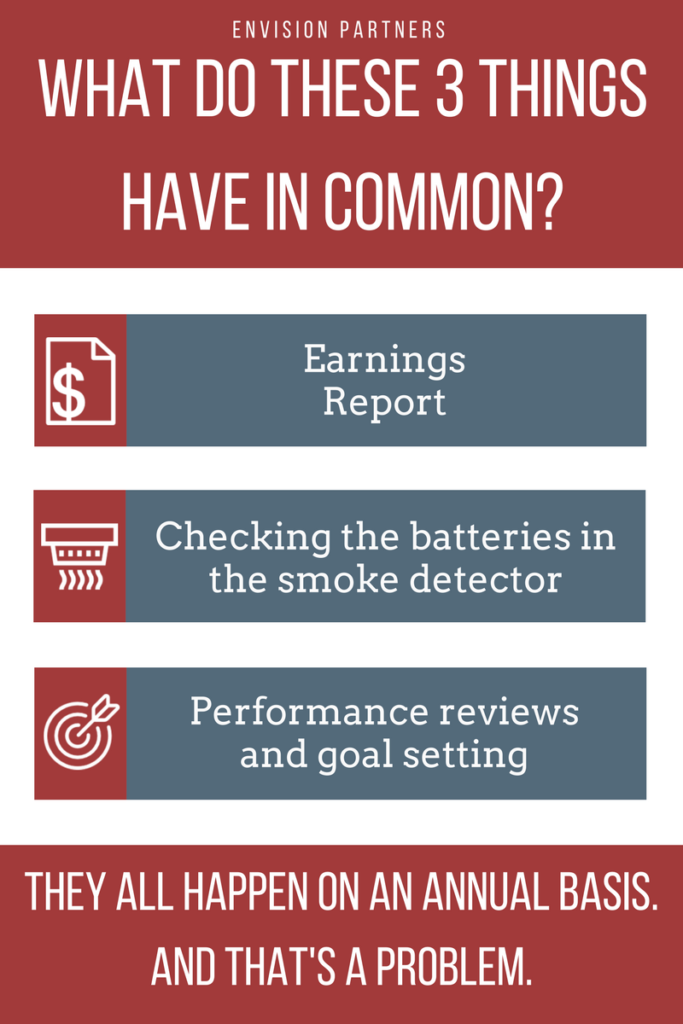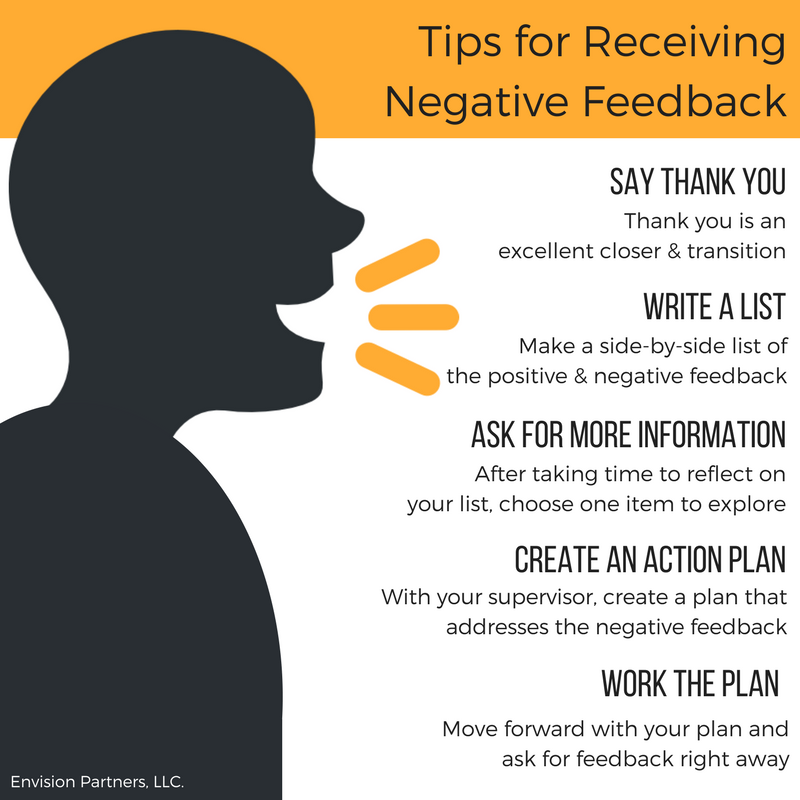What’s Your Philosophy on That?
Not since it was part of your formal job interview you probably have not thought about your “philosophy”– that is, why we do what we do the way we do it. If you’ve ever written a philosophy as part of a job interview, you probably find yourself citing it quite often either to yourself or to others to explain why you believe what you believe or why you do what you do. That is the purpose of a philosophy, actually. In a job interview the philosophy is intended to be a predictor for the selection committee of future choices and behaviors.
Most job changes however, never go through a committee, and therefore you are never asked to sit down and write out your philosophy. Maybe you had to do this when you were first hired, but are you still doing the same job as when you were hired into the organization? Are you still the same person? Do you still have the same limited perspective about yourself, the organization and your potential? As a result of these changes, your philosophy has probably changed too. When that happens, we start to get inconsistent in our explanation of beliefs and behaviors. We start to feel it and so do others. This is not a good place to be for an effective leader.
You can create a philosophy about anything you want. The “career philosophy” can be the reasons why you work in your particular discipline; the “father philosophy” can be a guide as a parent, or the “leadership philosophy” can describe the kind of leader you want to be.
A personal philosophy is built on personal values. Personal values are qualities or characteristics that you believe are most important. Your values guide your intentions, and they influence how you behave. When your personal values are clear and you are conscious of them, you have a solid foundation on which to build a philosophy. (A company philosophy is built on company values.)
The following exercise, adapted from Leadership Paradigms, is a useful way to get started on building a personal leadership philosophy:
From the list below, pick five core values that you feel describe and guide who you are as a leader. You may choose other values that are not on this list. Place them in the following chart and answer the questions in the matrix.












